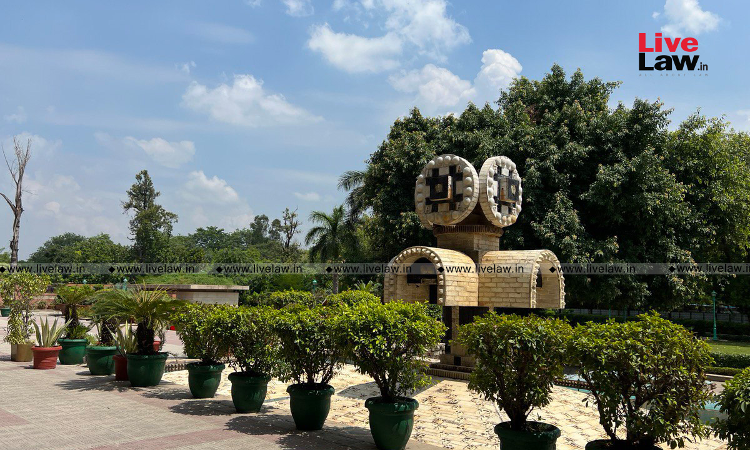- Home
- /
- High Courts
- /
- Delhi High Court
- /
- AO Can't Review Its Own Order:...
AO Can't Review Its Own Order: Delhi High Court
Mariya Paliwala
5 July 2024 2:10 PM IST
The Delhi High Court has held that the Assessing Officer (AO) cannot review its own order.The bench of Justice Yashwant Varma and Justice Purushaindra Kumar Kaurav has observed in the extract of the impugned corrigendum that no new material has been found by the department, which would warrant reopening the assessment. The corrigendum has been issued merely on the basis of a change of opinion,...
Next Story



